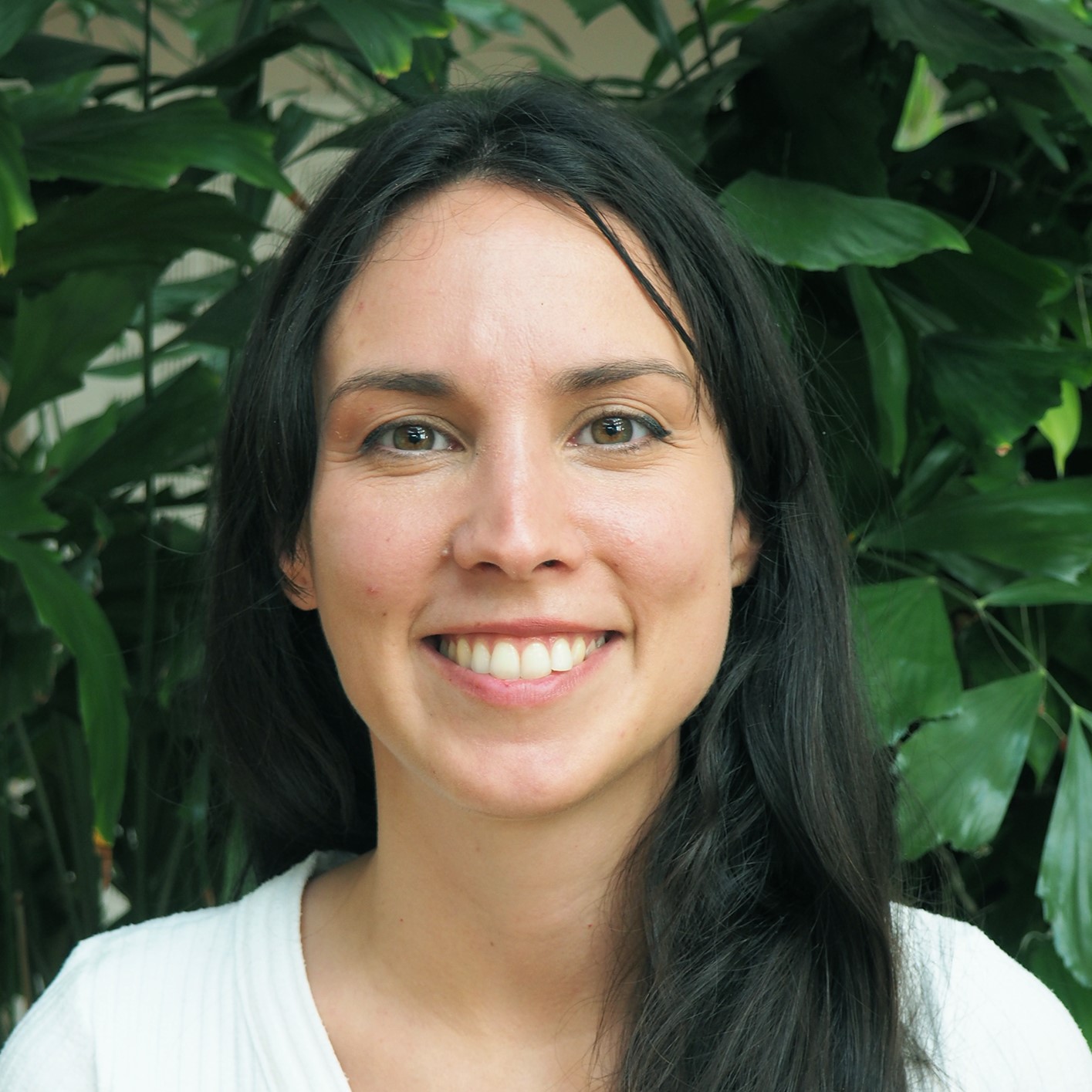District Energy Systems (DES)
District energy systems, DES, are centralized networks that supply heating, cooling or domestic hot water to multiple buildings in a certain urban area. Both, district heating and cooling cannot only be integrated with other municipal systems but help to boost the efficiency of these such as electric power generation, sewage treatment or waste among others through sector coupling and utilization of thermal storage systems. The existing synergies between the production of heat, cold and electricity have the potential to optimise and integrate these systems, enabling to:
- Integration of larger shares of variable renewable power and/or low-carbon options
- Mitigate local pollution
- Waste-heat recovery
- Phasing out of harmful refrigerants
- Reducing the primary energy consumption
- Lower the installed capacity needed
- Increase overall energy efficiency, including building energy systems and electricity production systems
- Bringing in both financial and non-financial (e.g. GHG emission reduction, job creation etc.) benefits to cities and municipalities for their long-term carbon targets
- Implementation of policies and actions to influence the energy consumption by final consumers
The Copenhagen Centre on Energy Efficiency provides a strong expertise in district energy solutions to cities through analysis of incentive policies, innovative technologies, business models and financial mechanisms. In order to contribute to greater sustainability, low carbon development and improve the liveability in cities our DES team supports and coordinates activities on heating and cooling planning, pilot projects implementation and scale-up opportunities analysis. We work on local capacity building, developing rapid assessment, pre-feasibility/feasibility studies on pilot projects, and investment plans for scale-up projects. We also provide independent advice to the cities and engage new members to take action. The final objective is to reach the investible or marketable district energy projects level and attract finance.
Bitten and Mads Clausen Foundation has been supporting the work developed since in 2016 agreed to fund a ‘City Office’ based at the Copenhagen Centre on Energy Efficiency, in recognition of our role as a global energy efficiency hub for SEforALL. The District Energy in Cities Initiative has grown strongly and reached out to more than 80 cities in Eastern Europe, Asia, Africa and Latin America, with significant momentum towards new projects, some of which have reached the procurement phase or public tendering stage in Chile, India, Serbia, China and Morocco. After 2021, the team is also developing analysis on projects in several countries (e.g. VietNam, Zambia etc.) together with other relevant project teams in UNEP-CCC or UNEP, including Nature-based Solutions (NbS), NDC Action, building energy efficiency, AR6 and ESCO, so as to collectively contribute to the NDC targets in the countries and in the cities. Meanwhile, the team are collaborating extensively with other national agencies under the national level energy partnerships with developing countries, including the Danish Energy Agency (DEA) and Germany Energy Agency (DENA).
Our portfolio covers different developing countries and emerging economies as of the end of 2023 that present their own challenges:
- Bosnia and Herzegovina
Banja Luka - Chile
Temuco, Concepción, Independencia, Coyhaique, Renca, Santiago de Chile, Coronel, Hualpén, Talcahuano, San Pedro de la Paz, Valdivia - China
Xi’an, Jinan, Baotou, Qianxi, Yinchuan (pilot cities); Shenzhen and Guangzhou (learning cities) - Egypt
Cairo (Al Alamein) - India
Amaravati, Thane, Pune, Bhopal, Coimbatore, Rajkot, Chennai, Hyderabad, Mumbai - Malaysia
Iskandar - Mongolia
Ulaanbaatar - Morocco
Marrakech - Serbia
Belgrade - Argentina
- Colombia
- Vietnam
Can Tho, Tam Ky, Dong Hoi - Tunisia
Tunis
The following projects are in this step as of the end of 2023:
- 12 Rapid Assessments completed
- 14 heat and cool plans completed or implemented
- 4 National-level or city-level strategy roadmaps for heating and cooling
- 4 national virtual knowledge-sharing centers with a focus on heating or cooling or building energy efficiency developed or under development
- 5-8 National Cooling Action Plans and 8-10 Urban Cooling Action Plans in cities developed or under development
- 9 completed investment plans
- Over 25 Training workshops or webinars in developing countries
- 14 Publications on district energy
Get in touch

Zhuolun Chen
Senior Advisor

Romanas Savickas
Senior Advisor

Clara Camarasa
Senior Advisor

Trupti Yargattimath
Project Officer

Thibaut Pasquet
Project Officer
